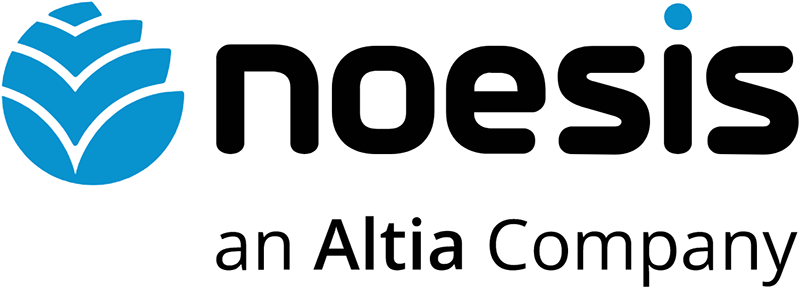
Sign up for Lisbon Data & AI Forum and enter in the new generation of analytics!
By Luís Gonçalves, Data Analytics & AI Director at Noesis
Many organizations, especially the largest, are investing resources in order to collect, store, and analyze their data. Although executives invest in data analytics, not all organizations see a return on their investment. Either way, organizations that move by data are more likely to win customers
"Data is the new oil". The phrase has already been heard - and perhaps even said - by readers. Over the years, top executives at leading companies with data analytics solutions have been preaching the phrase at every conference and lectures where they participate.
Whether or not it is a phrase made, the truth is that data can bring a lot of value to organizations. It is up to companies to extract and take the value of this data that will take their organization to the next step.
Understanding what a data-driven business is, is essential for any organization that wants to stay relevant in the next decade. The last few years have seen the growth of new tools and techniques, as well as new data sources, which are changing the horizon of planning and innovation for companies.
Data analytics
The implementation of analytics solutions usually starts with a vision of Business Intelligence (BI) that “allows to clearly obtain and aggregate data in a visual way, generating useful information for these same companies”, says Luís Gonçalves, Data Analytics & AI Director at Noesis. The use of data for business is not limited to large organizations; in fact, any company, regardless of its size or sector of activity, can extract capital gains from the data.
Predictive and AI solutions “depend on data and more complex architectures, need large volumes of data and low data timeliness”, says Luís Gonçalves, who adds that “companies are increasingly betting on this type of approach for the gain that is possible to obtain with access to information and knowledge generation”.
Data in the center
For data-based strategies to be successful, the leadership itself must place data front-and-center in their business decision making. However, all leaderships have their own challenges.
Luís Gonçalves believes that “these new technologies allow access to different indicators in an aggregated and intuitive way, which allows decision makers to accurately analyze information and make decisions about them effectively”.
Data management
Data management itself has its challenges. Portuguese organizations that already use data in their decision making do not have the same type of sophistication in their approach to data management.
In any case, the interest and commitment in the use of information management systems “is transversal in most of the large companies in Portugal, in all sectors of activity”, says Luís Gonçalves. The Noesis representative adds that “the imperatives of the market, competition and competitiveness make companies bet more and more on the optimization and evolution of this type of solutions, not only in the BI perspective, but also in new solutions with AI components. that allow to move to a predictive and automatism level that improve and accelerate the decision making of these same companies ”.
Data governance
All of us, as individuals or as an organization, produce an immense amount of data every day. The value of this data only exists if a company is able to treat it correctly and to ransform it into information relevant to its operation.
Luís Gonçalves says that, usually, "the information systems of companies are evolving over time and are not implemented from scratch". This action over time may, in some cases, make it impossible to “think in an aggregate way, as a whole, generating inefficiencies in the data silos that are being created”.
Although there are solutions that allow you to centralize and organize information effectively, there is some resistance to change within the organizations themselves, says Data Analytics & AI Director at Noesis.



